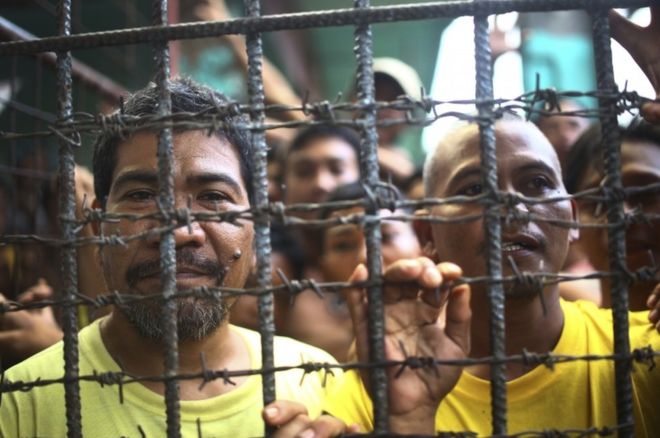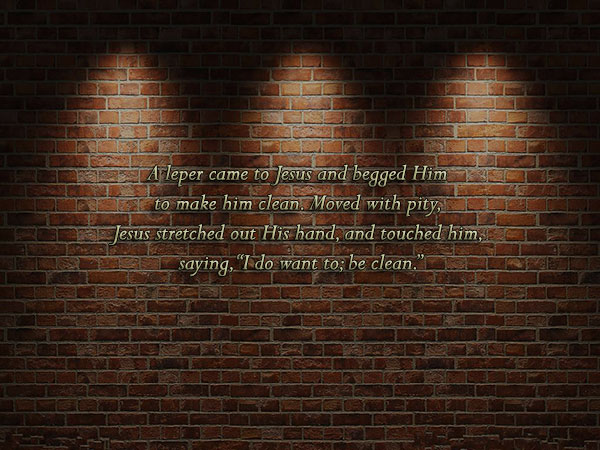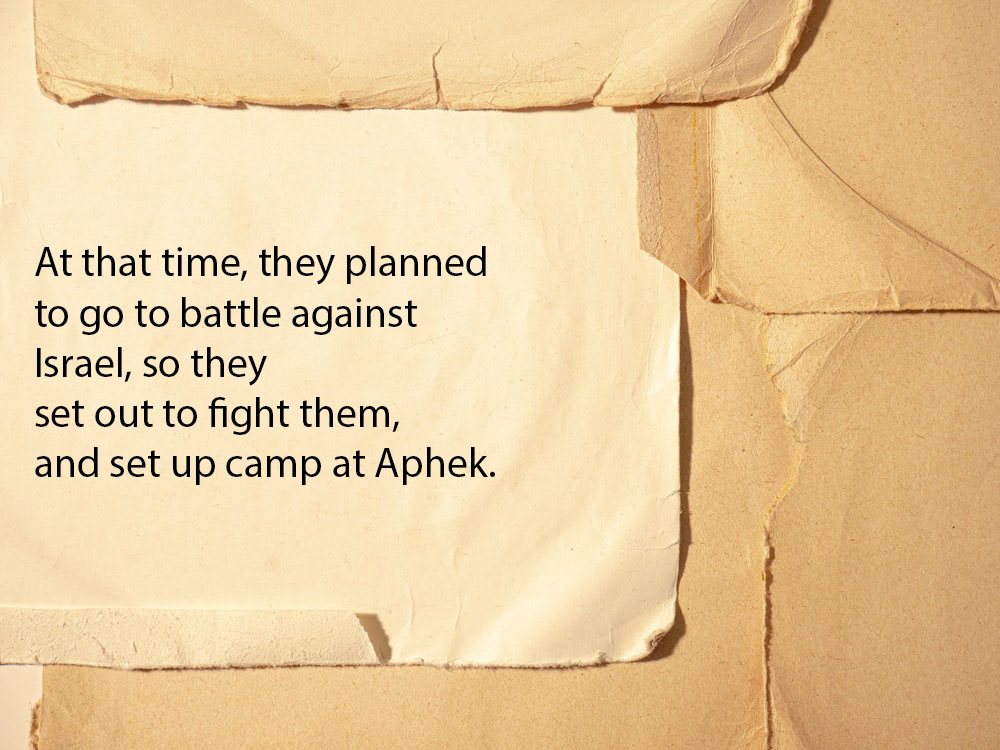
by Fr. Wilfredo Samson, SJ
Pitik-Bulag
When I was assigned in New Bilibid Prison as chaplain many years ago, it was a hell for me. The old, overcrowded prison facilities in Muntinlupa were too small to house 15,000 inmates. The daily stress that I went through in dealing with hardened, problematic, and sometimes, lunatic inmates was overwhelming. In those moments, I entertained the possibility of the death penalty as the ultimate solution to heinous crimes. But I said to myself, “I want to enter into the inmates’ inner world before making any judgment.”
I began my ministry by listening to the inmates’ endless litanies of regrets, woes, and miseries. As I spent more time with death convicts, I began to see them as victims too. They are victims of bad circumstances, bad luck, poverty, ignorance, and social injustice. Behind their smiles, I saw a complex mixture of fear, regrets repentance, anger, and hopelessness. At that moment, I felt stirrings of mercy and compassion in my heart. A merciful heart for the lost sheep was slowly growing in me.
Someone asked me, “Why should we give chance these heartless and soulless people a chance? They are hopeless. They are evil. They deserve death penalty for committing heinous crimes.” I understand the clamor of the victims for justice. The victims need intense help and assistance for justice and healing. The offenders should be punished to uphold justice. But capital punishment is neither the best northe only way to bring justice and healing. When we condemn someone to death, it’s not justice but vengeance. It’s not love but hatred. We are called to uphold forgiveness and justice and not more violence and blood. Send the offenders to jail to uphold justice, but give them a chance to correct their mistakes.
But what is mercy? Pope Francis defines mercy as our ability to feel and embrace the pain of others. First and foremost, mercy should be given to the victims. But the offenders deserve their own mercy too. When I felt the inmates’ pain after listening to their own tragic stories, I had the urge to understand them, and not to hate them totally. Like everyone else, the inmates also deserve a second chance.
When I started embracing the inmates, everything changed. Now I see “lost souls” and not mere “public sinners.” I see “persons” and not just “criminals.” I see “wounded hearts” and not just their “bloody hands.” Yes, even the inmates deserve God’s fatherly love and attention.
When I accepted the difficult challenge to love our “enemies,” God blessed me with new SIGHT and a new HEART. It was the beginning of my fourteen years of accompanying the inmates in their long and difficult journey from spiritual slavery to spiritual freedom, from hostility to friendship, and from darkness to light.
How can I forget the inmates’ smile? How can I ignore their teary eyes when it’s time for me to leave? God gave me freedom to walk anywhere. But my feet always lead me to the prison’s gate – where God’s lost children are waiting. The inmates of the Correctional Institute for Women and New Bilibid Prison are public sinners, but we are not far from them. We are also sinners. We beg God for forgiveness and another chance. He quickly forgives us. He knows no one is hopeless, even the most hardened inmates. Thus, the capital punishment is against God who believes in the goodness and kindness of everyone.
The inmates have the right to re-write their lives with renewed faith and hope. They deserve God’s mercy through our friendship. Jesus came to seek the lost children of God. He died on the cross for all – including the inmates. When Jesus allowed Himself to die on the cross, it was His LIFE STATEMENT AGAINTS DEATH PENALTY, and NOT AS A VALIDATION. Jesus decided to die on the cross to save us, for He cannot bear the pain of seeing us receiving the ultimate capital punishment – ETERNAL DEATH.
The love of God transcends all our sins. The mercy of God knows no boundaries, for even the hell we created is within His reach.
See more at CBCP News










